Music therapy is a type of therapy that uses the healing powers of music to treat certain physical disabilities and mental disorders.
What Is Music Therapy?
Music therapy is an evidence-based therapy that complements non-pharmacological methods in the treatment of psychiatric and behavioral disorders. It draws from the recreational and socio-cultural dimensions of music while also harnessing the neuroscience-based therapeutic benefits of music [mfn] Witusik, A., & Pietras, T. (2019). Music therapy as a complementary form of therapy for mental disorders. Polski merkuriusz lekarski : organ Polskiego Towarzystwa Lekarskiego, 47(282), 240–243. [/mfn] in the process of treatment.
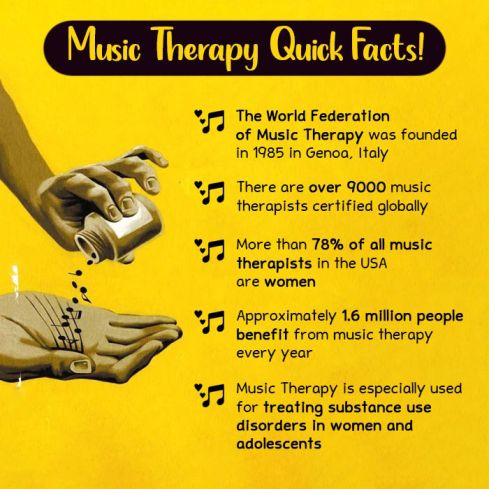
How Does Music Therapy Work?
Music therapy is administered in a therapeutic setting by a licensed music therapist. The therapy sessions involve experiences of listening, singing, playing instruments, composing, or moving to music.
The competency instruments of piano, voice, guitar, and percussion are widely considered the most beneficial for clients during active music-making interventions. However, no prior musical training is required for availing this kind of therapy.
The duration and number of therapy sessions depend on the type and degree of the client’s health disorders. However, music therapy spills beyond its clinical use and boosts the client’s socio-cultural awareness, social affiliations, and quality of life.
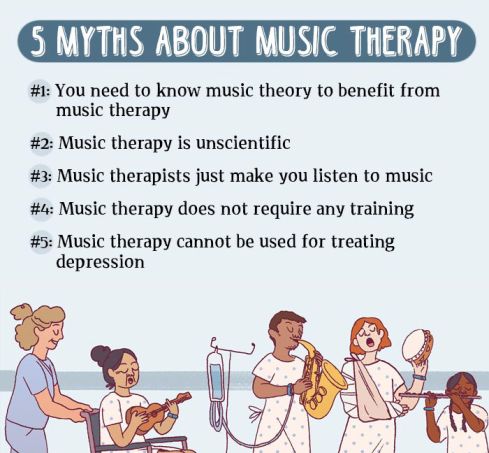
Methods Of Music Therapy
Research [mfn] Wheeler, B. L. (2015). Music Therapy Handbook. In Google Books. Guilford Publications. Available from: https://books.google.co.in/books?id=mfnhBQAAQBAJ&lpg=PA116&dq=types%20of%20music%20therapy&lr&pg=PA116#v=onepage&q=types%20of%20music%20therapy&f=false [/mfn] affirms the following as the four primary methods [mfn] Rafieyan, R., & Ries, R. (2007). A description of the use of music therapy in consultation-liaison psychiatry. Psychiatry [Edgmont (Pa. : Township)], 4(1), 47–52. [/mfn] of music therapy:
1. Receptive
In this method, the client is primarily a listener. The music therapist analyzes the covert and the overt ways in which the client responds to the music played, particularly verbalization. Receptive ‘relaxation’ music therapy and receptive ‘analytical’ music therapy are two techniques that use this method.
Other types of receptive music therapy may include:
- Song communication
- Eurythmic listening
- Music-assisted relaxation
2. Compositional
The compositional method of music therapy involves music composition as its central element. In such sessions, a client is usually asked to generate and refine their thoughts, opinions, fantasies, etc., as well as put these in a workable musical or lyrical structure. The variations of these methods usually involve:
- Songwriting
- Instrumental composition
- Music collage
- Song transformation
3. Improvisational
The improvisational method of music therapy draws from improvisational performance. A typical therapy session involves a client actively participating in making music with a therapist or other clients—singing, playing instruments, or ‘sounding’ their bodies/other objects.
4. Recreative
In the re-creative methods of music therapy, the client reproduces pre-composed music material as in a music lesson. After listening to music pieces, they can be asked to recreate the melodies vocally or instrumentally via multiple ways of participation such as conducting music or participating in musical games and productions.
Types Of Music Therapy
The different types of music therapy include:
1. Guided Imagery and Music (GIM)
Devised by Helen Bonny in the 1970s, GIM is considered a “depth approach” to music-based therapy [mfn] McKinney, C. H., Antoni, M. H., Kumar, M., Tims, F. C., & McCabe, P. M. (1997). Effects of guided imagery and music (GIM) therapy on mood and cortisol in healthy adults. Health psychology : official journal of the Division of Health Psychology, American Psychological Association, 16(4), 390–400. https://doi.org/10.1037//0278-6133.16.4.390 [/mfn]. It involves using classical music to generate emotionally charged imagery in the client’s mind. GIM enables clients to gain better access to their emotions. It is used for the treatment of several disorders, including PTSD, depression, and substance abuse.
2. Dalcroze Eurythmics
Devised in the early 20th century by Swiss musician Émile Jaques-Dalcroze, the Dalcroze eurythmics [mfn] Trombetti, A., Hars, M., Herrmann, F., Kressig, R., Ferrari, S., & Rizzoli, R. (2011). Prévention des chutes par une méthode d’exercice en musique (rythmique Jaques-Dalcroze) [“Jaques-Dalcroze eurhythmics” improves gait and prevents falls in the elderly]. Revue medicale suisse, 7(299), 1305–1310. [/mfn] combine music and movement to improve memory, attention, concentration, and balance. This form of therapy is mainly used for elderly people.
3. Neurologic Music Therapy (NMT)
Neurologic Music Therapy (NMT) [mfn] Cole, L. P., Henechowicz, T. L., Kang, K., Pranjić, M., Richard, N. M., Tian, G. L. J., & Hurt-Thaut, C. (2021). Neurologic Music Therapy via Telehealth: A Survey of Clinician Experiences, Trends, and Recommendations During the COVID-19 Pandemic. Frontiers in neuroscience, 15, 648489. https://doi.org/10.3389/fnins.2021.648489 [/mfn] is an evidence-based therapy that uses therapeutic music interventions to address sensorimotor, cognitive, and speech dysfunctions caused by neurological disorders.
NMT is based on the well-established theory that engaging in musical practice helps improve brain plasticity and increases grey matter density in musicians.
4. Orff-Schulwerk Music Therapy
This approach was developed by the German composers, Carl Orff and Gunild Keetman [mfn] Shamrock, M. (1997). Orff-Schulwerk: An Integrated Foundation: This article on the methodologies and practices of Orff-Schulwerk was first published in the Music Educators Journal in February 1986. Music Educators Journal, 83(6), 41–44. https://doi.org/10.2307/3399024 [/mfn], in the 20th century. Tapping into music education, this type of music therapy relies on clinical improvisation—combining music, movement, drama, and speech into a child’s musical play. It aims to enhance coordination, dexterity, and emotional expressions in children with developmental delays and disabilities.
5. Nordoff-Robbins music therapy (NRMT)
First developed by Dr. Paul Nordoff and Dr. Clive Robbins [mfn] Kim Y. (2004). The early beginnings of Nordoff-Robbins music therapy. Journal of music therapy, 41(4), 321–339. https://doi.org/10.1093/jmt/41.4.321 [/mfn] in the early 20th century, the NRMT is an improvisational and compositional approach to individual and group therapy. It seeks to harness a person’s sensitivity to music and utilize it for personal growth and development.
6. Benenzon music therapy (BenMT)
Designed by Ronaldo O. Benezon [mfn] Benenzon, R. O. (2007). The Benenzon Model. Nordic Journal of Music Therapy, 16(2), 148–159. https://doi.org/10.1080/08098130709478185 [/mfn] in 1966, this type of therapy draws from a wide array of disciplines, namely, psychology (Freudian and Jungian thought), philosophy (Italo Calvino and Paul Virilio), and the performing arts (Dada and Pierre Schaeffer). It uses a non-verbal theoretical and musical structure [mfn] Wagner, G. (2007). The Benenzon Model of Music Therapy. Nordic Journal of Music Therapy, 16(2), 146–147. https://doi.org/10.1080/08098130709478184 [/mfn] to improve:
- Communication skills
- Interpersonal skills
- Quality of life
Benefits Of Music Therapy
Harmonious and aesthetic sounds comprise a universal language which is what makes music therapeutic. Music therapy has been proven to have positive effects on a person’s overall biological, psychological, and social well-being.
Physical Benefits
Music therapy has been proven to be beneficial in
- Improving the way we sense our environment
- Enhancing our movement skills
- Slowing down brain aging
- Boosting our immunity [mfn] Hegde S. (2017). Music therapy for mental disorder and mental health: the untapped potential of Indian classical music. BJPsych international, 14(2), 31–33. https://doi.org/10.1192/s2056474000001732 [/mfn]
Psychological Benefits
In addition to biological manifestations, some psychological benefits of music therapy include :
- Good memory
- Better ability to pay attention
- Improved interaction and communication skills
- Healthier emotional processing
- Increased feelings of positivity and calmness
- Correcting faulty ways of thinking and behaving
The mental health benefits of music therapy are far-reaching and can have positive effects on our sociability and interpersonal relationships.
Uses Of Music Therapy
Research on how music helps mental health gave surprising results. Music therapy can be employed in treating symptoms [mfn] Hegde S. (2017). Music therapy for mental disorder and mental health: the untapped potential of Indian classical music. BJPsych international, 14(2), 31–33. https://doi.org/10.1192/s2056474000001732 [/mfn] of several mental disorders, such as:
- Depression [Read more]
- Trauma
- Fatigue
- Brain injury
- Cardiovascular diseases
- Anxiety and panic disorders [Read more]
- Mood disorders [Read more]
- Stress disorders (like veteran PTSD) [Read more]
- Schizoaffective disorders
- Autism [Read more]
- Epilepsy [mfn] Brackney, D. E., & Brooks, J. L. (2018). Complementary and Alternative Medicine: The Mozart Effect on Childhood Epilepsy-A Systematic Review. The Journal of school nursing : the official publication of the National Association of School Nurses, 34(1), 28–37. https://doi.org/10.1177/1059840517740940 [/mfn]
- Attention-deficit/hyperactivity disorder (ADHD) [Read more]
- Sleep disorders [Read more]
- Addictive disorders, particularly withdrawal symptoms
- Substance use disorders
- Memory disorders (like dementia, Alzheimer’s disease, Parkinson’s disease, etc.)
Read More About Dementia Here
Steps To Start With Music Therapy
Music therapy is a rather unconventional form of therapy, and it’s alright if you feel a little apprehensive about getting started with it. Consider the following measures for an easy start with music therapy:
- Do adequate research on music therapy. Walk yourself through the pros and cons of the therapy and find out if this form of therapy is suited to your needs.
- Find a professionally qualified music therapist. Cooperate with them to understand your strengths, needs, and abilities related to music.
- Communicate openly with your therapist, regularly attend your therapy sessions, and follow their recommendations.
- Music therapy goes beyond knowing how to sing or play an instrument. Do not be afraid if you feel you are not particularly adept at music or musical instruments. Try to participate in the musical sessions—freely and without any inhibition.
- Try to interact with music freely and soulfully. For instance, move to the music, discuss the lyrics, play the instrument creatively, etc.
Takeaway
Music has always been dubbed the “food of neuroscience” and, since time immemorial, provided great therapeutic benefits for both mental and physical health. Music therapy has shown great promise in treating debilitating mental health disorders—sans the side effects of medication.
Fusing “music lessons” and therapy together, it has also been instrumental in changing the conversation around mental health, especially addressing the stigmatization that plagues mental health care and enlightening people on why music can be therapeutic.
At A Glance
- Music therapy is a type of therapy that uses the healing powers of music to treat physical and mental disorders.
- Its regular sessions involve listening, singing, playing instruments, or composing music.
- The different types of music therapy are administered through four primary methods: Receptive, compositional, improvisational, and recreative.
- A few music therapy examples include Dalcroze eurythmics, neurologic music therapy, and Benenzon music therapy.
- It is used to treat a variety of disorders like depression, schizophrenia, learning disabilities, impaired speech and hearing, etc.
- Music therapy is also used for recreational purposes.
Frequently Asked Questions (FAQs)
1. When was music therapy invented?
The term “music therapy” was first coined in a 1789 article in Columbian Magazine titled “Music Physically Considered”. Written by an unknown author, the paper reported a study that explored the health benefits of listening to music.
2. What is a music therapy degree?
A music therapy degree is a professional medical course undertaken to qualify for a music therapist’s job. Music therapists, as part of a therapy team, assess and analyze patients’ health conditions through music. Most music therapy degrees typically comprise a combination of coursework and clinical training.
3. When do you need music therapy?
If you are suffering from pain, anxiety, fatigue, or depression, you can consider some healing music therapy.
4. What is the difference between music therapy and sound therapy?
Sound therapy uses specific frequencies and harmonics to heal the body of physical ailments. On the other hand, music therapy [mfn] Nizamie, S. H., & Tikka, S. K. (2014). Psychiatry and music. Indian journal of psychiatry, 56(2), 128–140. https://doi.org/10.4103/0019-5545.130482 [/mfn] uses a cacophony of frequencies and harmonies to address emotional dysfunction and mental health issues.
5. Is music therapy effective?
Research has proven music therapy to be a pleasurable and highly effective way to treat symptoms of depression [mfn] Leubner, D., & Hinterberger, T. (2017). Reviewing the Effectiveness of Music Interventions in Treating Depression. Frontiers in psychology, 8, 1109. https://doi.org/10.3389/fpsyg.2017.01109 [/mfn], mood disorders, anxiety and panic disorders, etc. It can also help to address non-clinical conditions like mental distress, emotional dysfunction, hopelessness, etc.


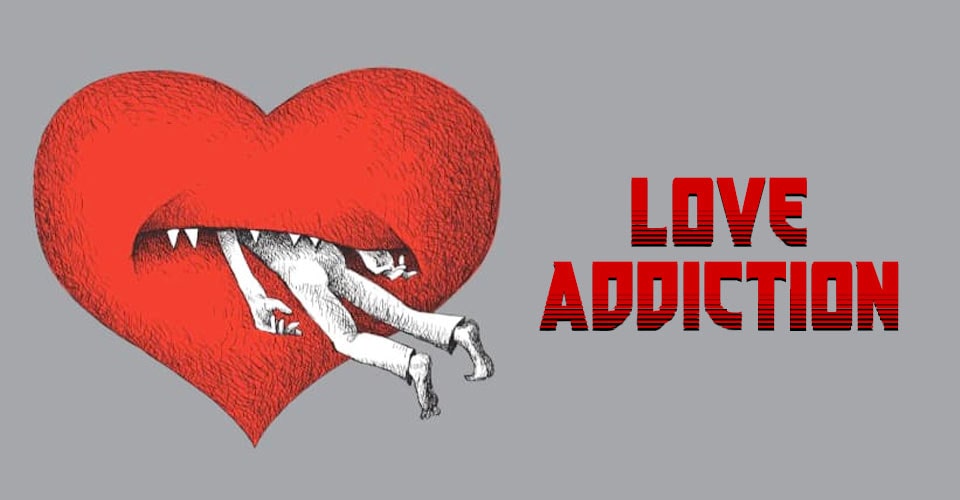
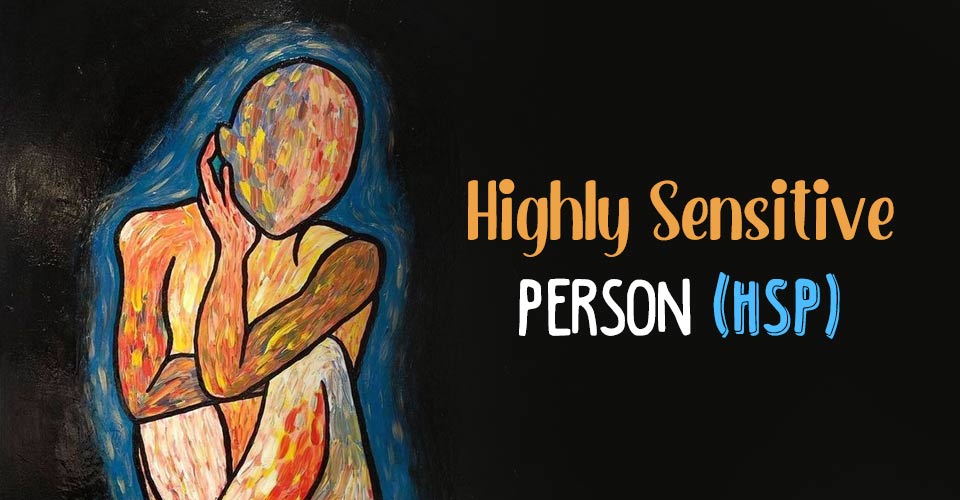

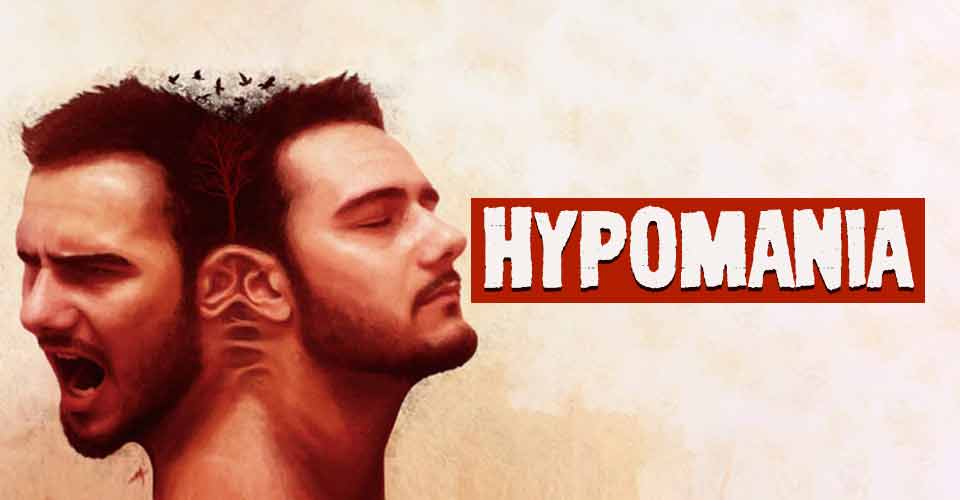



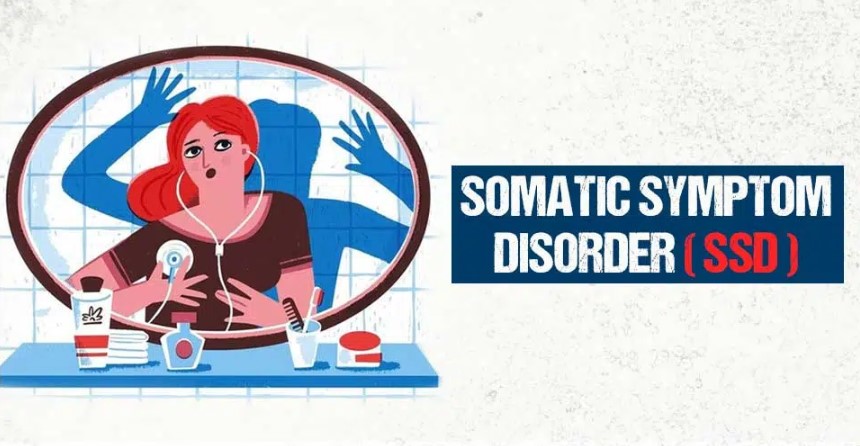

Leave a Reply